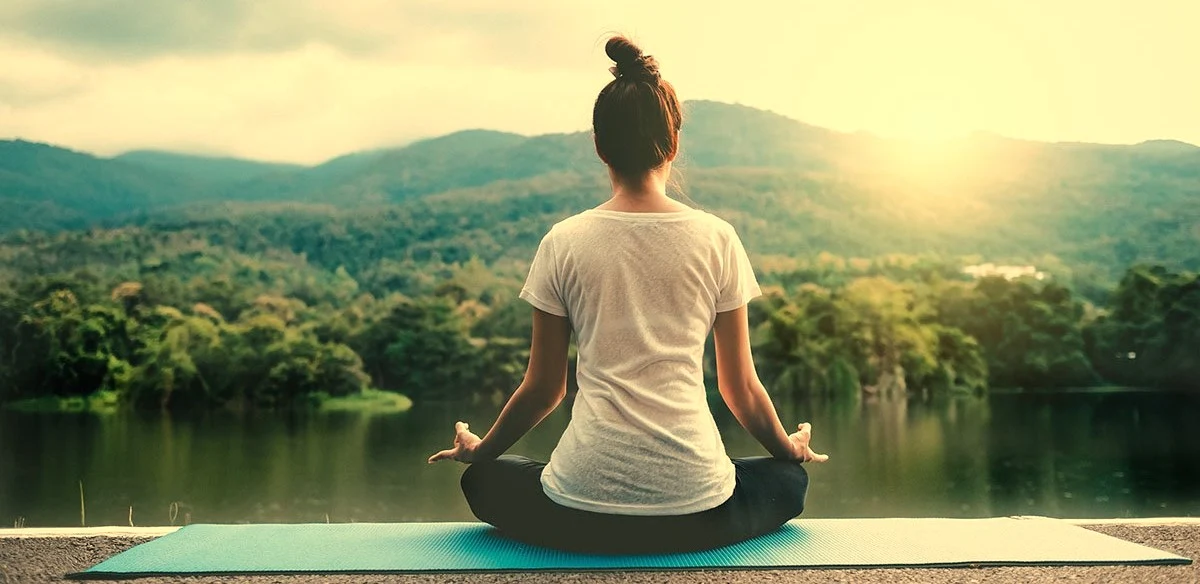10 important relaxation techniques that can help manage stress
Stress can arise from various sources, including work or academic pressures, relationship conflicts, financial difficulties, major life changes, and even internal pressures such as perfectionism or self-criticism.
Managing stress involves recognizing its sources, developing coping strategies, and adopting healthy lifestyle habits such as regular exercise, adequate sleep, balanced nutrition, and relaxation techniques. Effective stress management helps individuals reduce the negative impact of stress on their overall well-being and quality of life.
Here are 10 important relaxation techniques that can help manage stress and promote overall well-being:
Deep Breathing Exercises
Diaphragmatic breathing or belly breathing involves taking slow, deep breaths, filling your lungs completely, and exhaling fully. This technique helps calm the nervous system and reduce stress.
Progressive Muscle Relaxation (PMR)
PMR involves tensing and then relaxing each muscle group in your body systematically. This helps release physical tension and promotes relaxation.
Mindfulness Meditation
Mindfulness meditation involves focusing your attention on the present moment without judgment. It can be practiced through guided meditations, focusing on your breath, or paying attention to bodily sensations.
Yoga
Yoga combines physical postures (asanas), breathing exercises, and meditation. It promotes relaxation, flexibility, and mindfulness.
Visualization (Guided Imagery)
Guided imagery involves imagining a peaceful place or scenario. It helps reduce stress by redirecting your thoughts and promoting relaxation.
Progressive Relaxation Techniques
Techniques like autogenic training or Jacobson's relaxation technique involve progressively relaxing different muscle groups or using self-suggestions to induce relaxation.
Tai Chi and Qigong
These mind-body practices from traditional Chinese medicine involve slow, deliberate movements, coordinated with deep breathing. They promote relaxation, balance, and overall well-being.
Aromatherapy
Using essential oils like lavender, chamomile, or peppermint can promote relaxation through their soothing scents. They can be used in diffusers, baths, or applied topically (with a carrier oil).
Massage Therapy
Massage helps relax muscles and release tension. Techniques like Swedish massage, deep tissue massage, or aromatherapy massage can be particularly effective.
Listening to Music
Listening to calming music, nature sounds, or music specifically designed for relaxation can lower stress levels, promote relaxation, and improve mood.
These techniques can be practiced individually or in combination, depending on personal preference and the specific stressors you're experiencing. Integrating relaxation techniques into your daily routine can significantly enhance your overall well-being and resilience to stress.


Comments
Post a Comment